Oceanographic & Coastal Processes
Research Focus AeaResearch Focus Area Overview
The coastal ocean, from the estuarine shoreline to the edge of the continental rise, is perhaps the most important and yet vulnerable areas of the world’s oceans. The chemical, physical, and biological processes that affect these coastal seas are intertwined and complex. Our researchers use interdisciplinary approaches, modeling and empirical, to obtain a quantitative understanding of these processes.
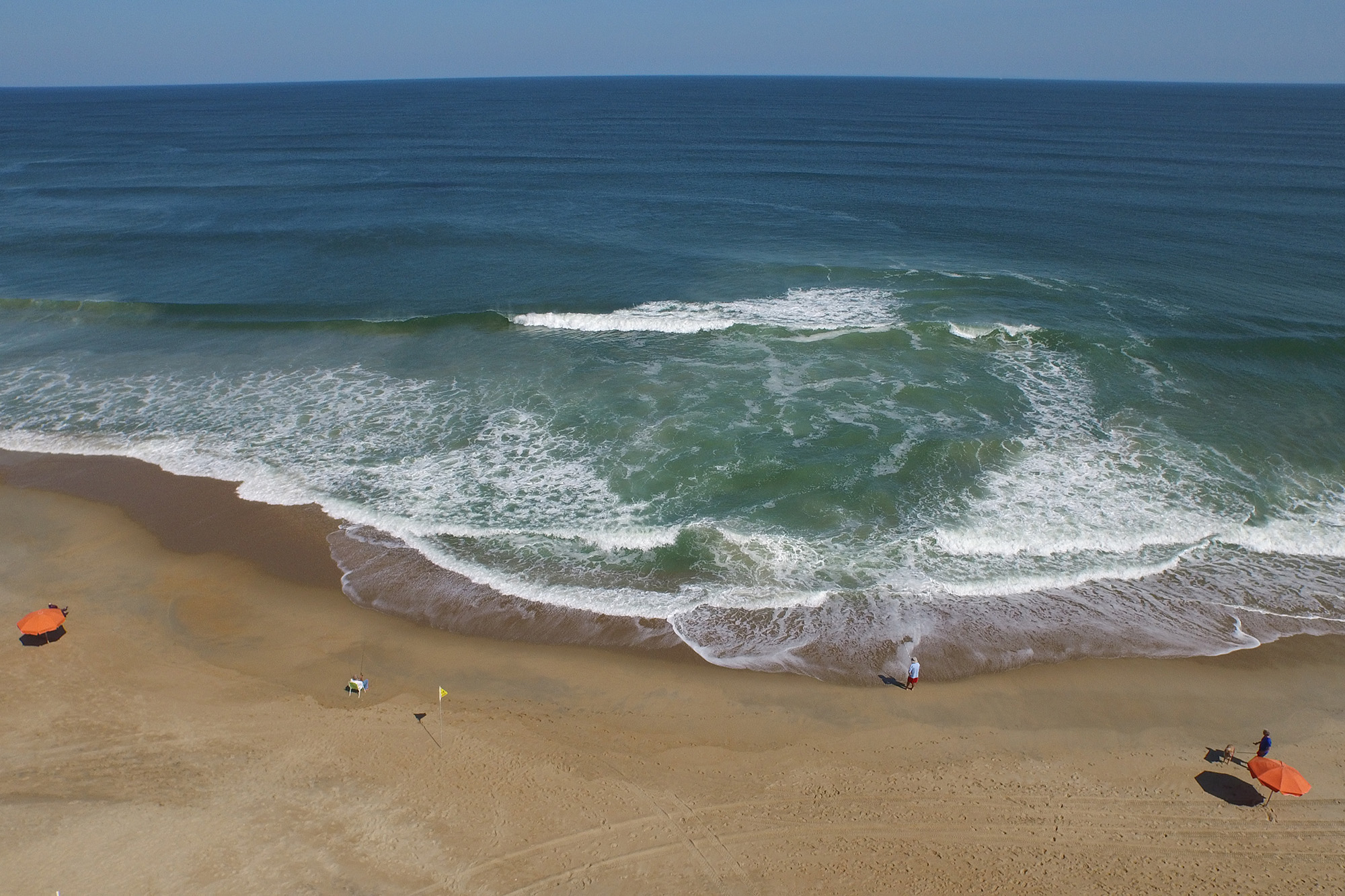
Research Labs
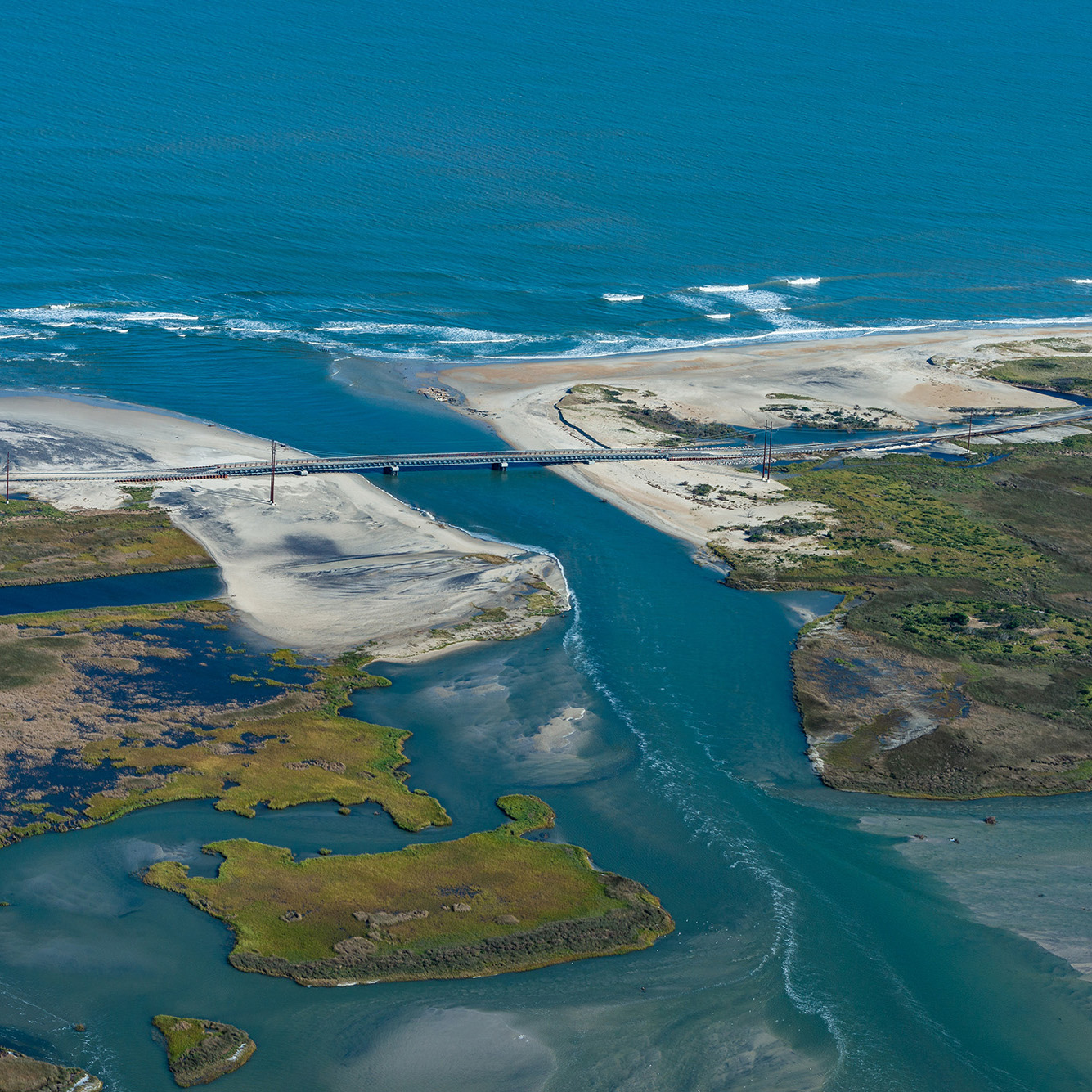
Marine Geochemistry & Coastal Dynamics
Lab
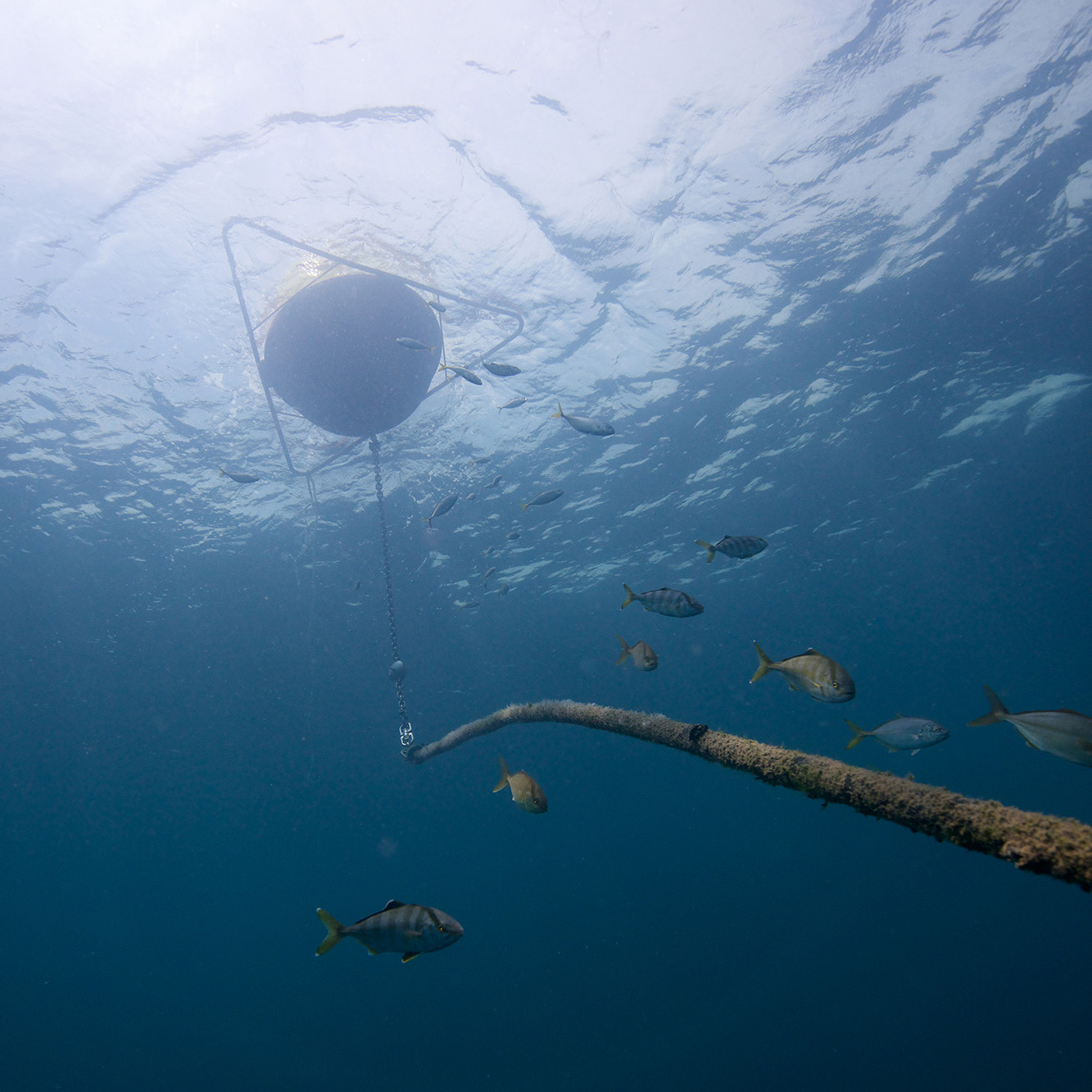
Oceanography & Marine Hydrokinetic Energy Ocean Lab
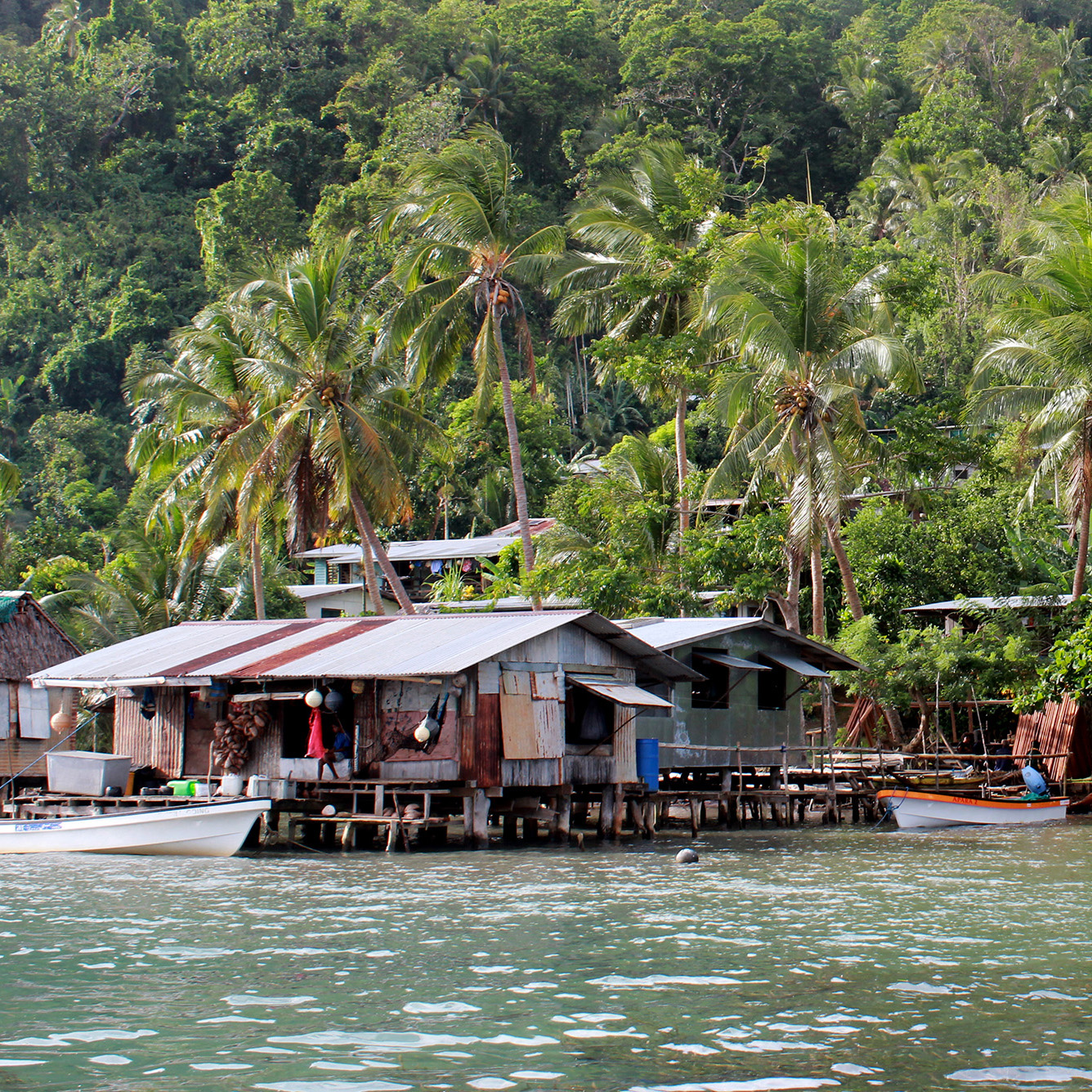
Coastal Engineering & Adaptation
Lab
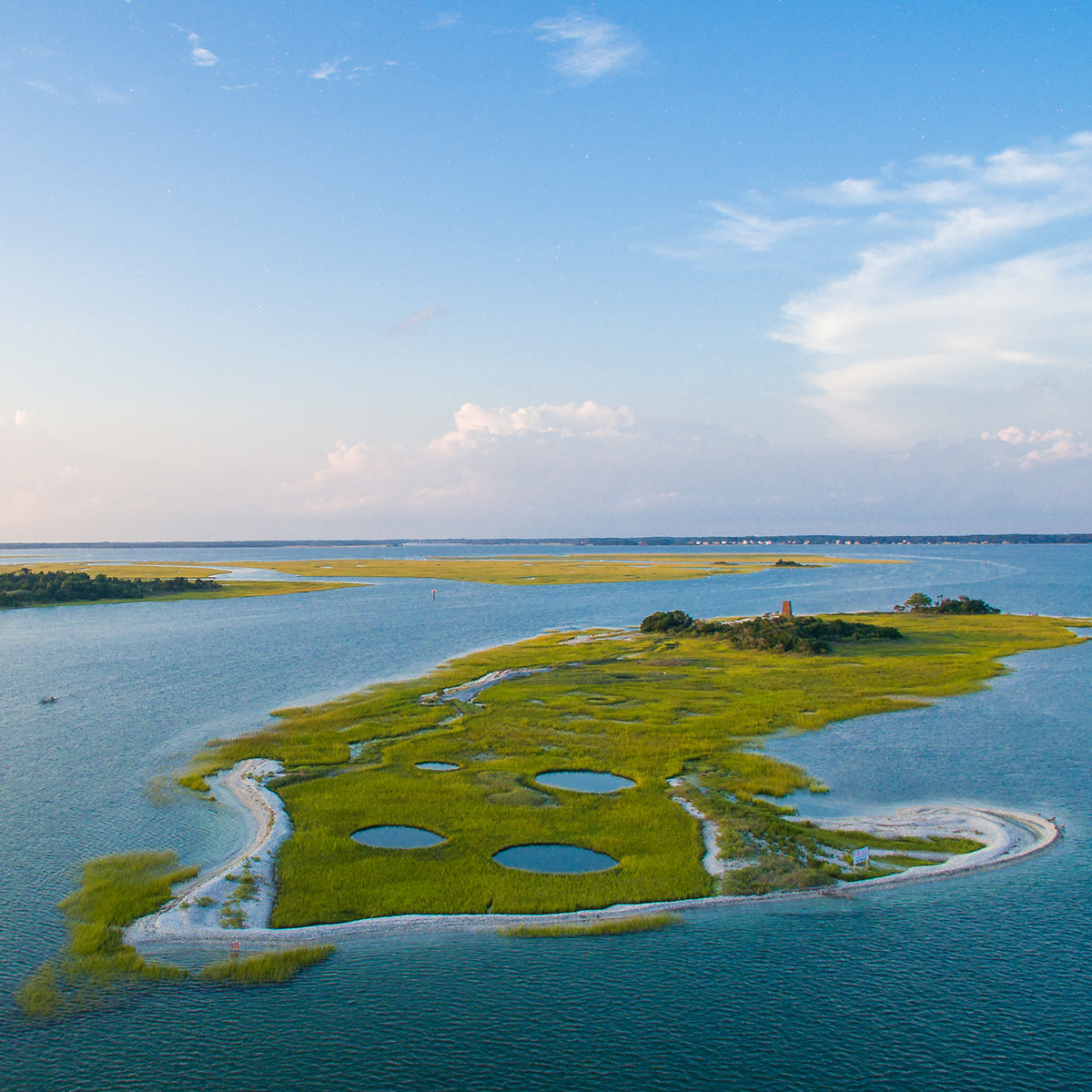
Coastal Marine Processes & Geomorphology Lab
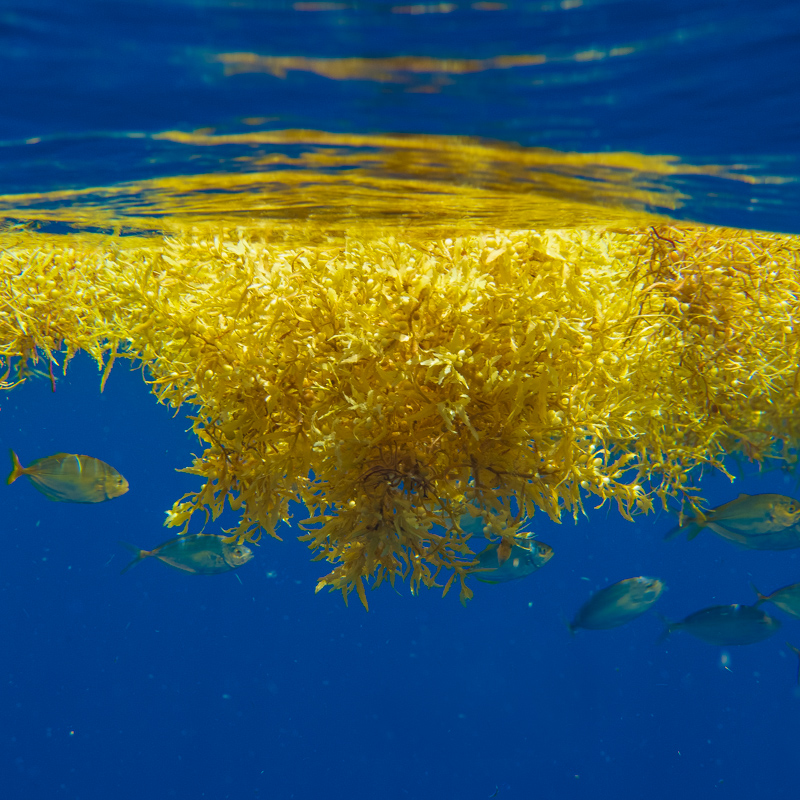
Ecology & Biogeochemistry
in Marine & Coastal
Systems Lab
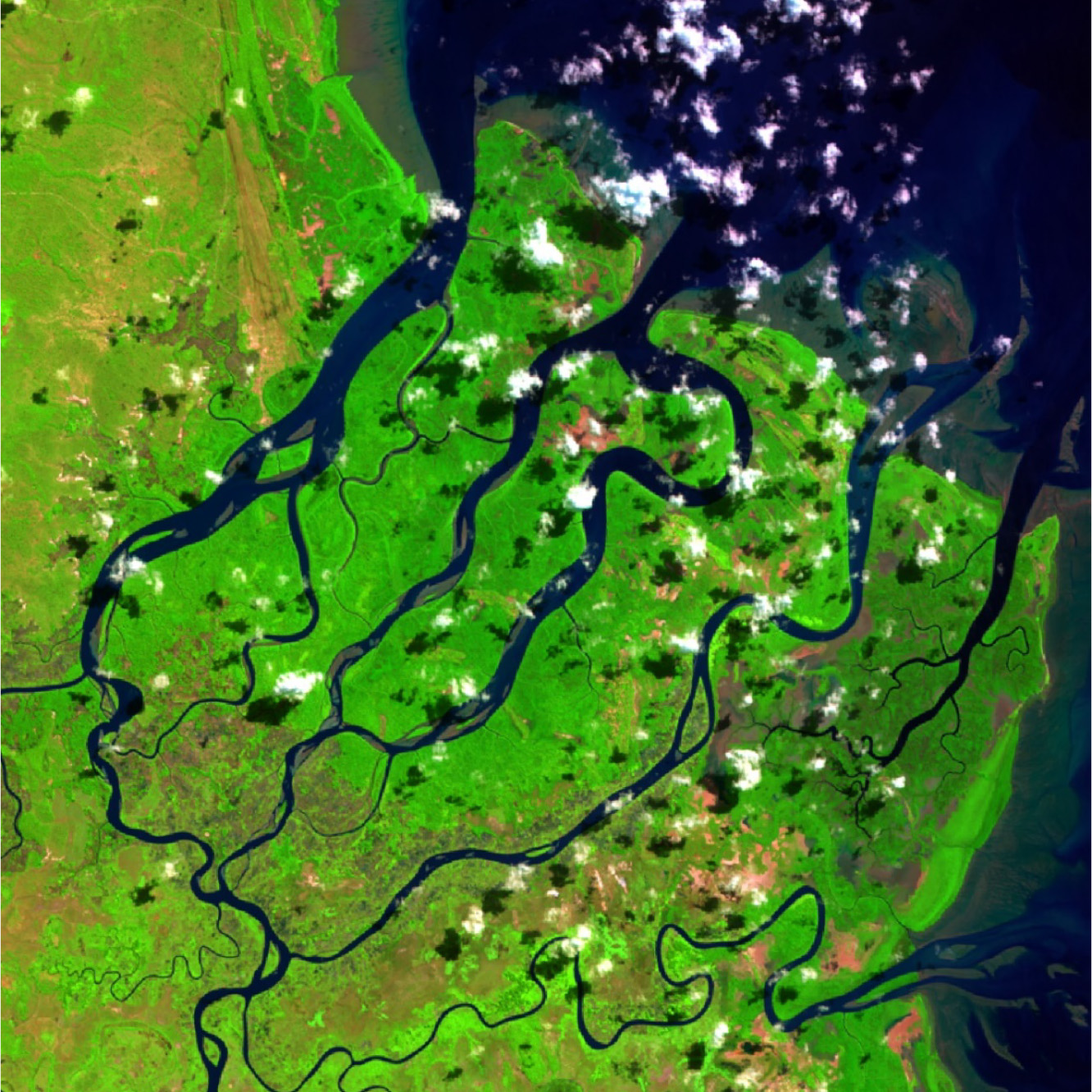
Coasts & Oceans Observing
Lab
News
Dr. Andy Keeler: A Fond Farewell to Our Quick-Witted Friend
Dr. Jake Hochard said it best, “Working with Andy is like caffeinating through osmosis.” All who know Dr. Andy Keeler would have to agree with that vivid characterization. “He’s always energetic, lighthearted, and ready to set the gold standard of quick and witty...
Goodbye for Now: The Conclusion of OBXFS 2020
Written by Lauren Colonair.As I reflect on the last four months spent at the Coastal Studies Institute with UNC-Chapel Hill’s Outer Banks Field Site, I have realized that this experience feels as if it should encompass a lifetime. Even as I look over the first story I...
Dubbs Receives 2020 C3E Education Award
It is no doubt that Dr. Lindsay Dubbs has been an integral part of the Coastal Studies Institute since joining the team in 2012. She is now the Co-director of the UNC Institute for the Environment’s Outer Banks Field Site (OBXFS) hosted by CSI, and the Associate...
Converging Currents and Everything Else: The Magic of the Gulf Stream
Written by Lauren Colonair.Physics...but in the Ocean Dr. Mike Muglia has worked at CSI since it was established in 2003. The journey leading him to the institute has been full of many twists and turns since he began studying marine sciences as an undergraduate at the...
Outer Banks Field Site Adapts During COVID-19
A semester like no other. That is an apt description of this year’s UNC Institute for the Environment’s Outer Banks Field Site (OBXFS) experience. While most state schools, including UNC and ECU, were forced to “go remote” for much of the Fall, the 10 UNC students...
Hats of to Dr. Sid Mitra
Dr. Siddhartha (Sid) Mitra has quite a collection of hats. There’s the one he wears as Program Director of the Integrated Coastal Sciences Ph.D. Program in the Department of Coastal Studies (DCS). And the one as Professor in ECU’s Department of Geological Sciences....
Power to the People
Bringing Technical Assistance to Remote and Island Communities to Transform their Energy Systems There are actually three things certain in life: death, taxes, and the fact that there is never a convenient time for a power outage. For those who live in remote or...
OBXFS Capstone Project: The Challenges & Rewards of Undergraduate Research
Written by Lauren Colonair. The Outer Banks Field Site (OBXFS) offers an abundance of opportunities for undergraduate students from UNC-Chapel Hill, however, the capstone component is one of the main attractions. Most of the students that participate in the field site...
Coastal Adaptations Call for Local Context
As climate change and sea-level rise continue to threaten coastal communities, strategies to cope with these hazards are becoming key to ensure the long-term survival of those most immediately threatened. However, what may often be considered by governments or...
Muglia Research Group Collaborates with NOAA, SECOORA, FACT to Deploy Offshore Buoy
This month Dr. Mike Muglia and his team deployed a sub-surface buoy just east of Cape Hatteras on the upper shelf slope under the edge of the Gulf Stream in water 230 meters deep. The deployment site is the focus of the North Carolina Renewable Ocean Energy Program’s...

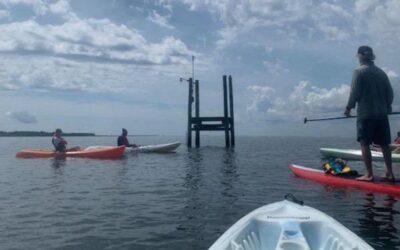
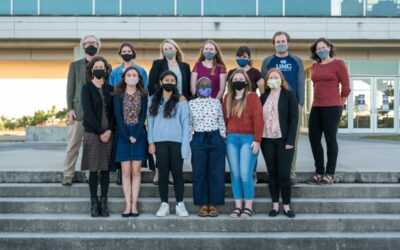
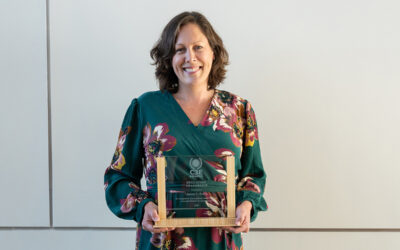
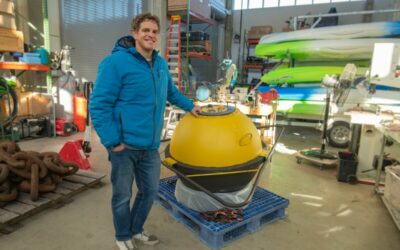
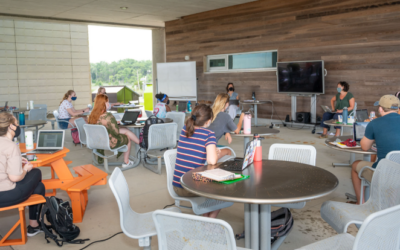


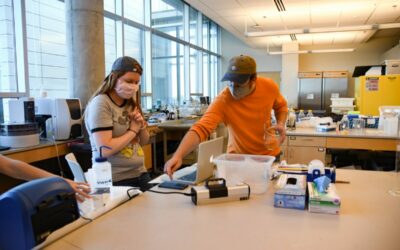
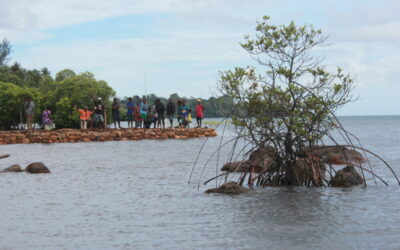
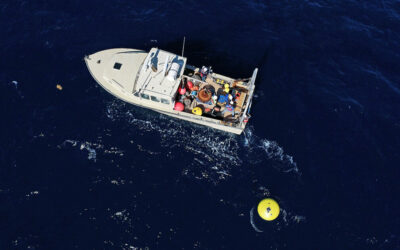

 Based at the Coastal Studies Institute (CSI), the North Carolina Renewable Ocean Energy Program (NCROEP) advances inter-disciplinary marine energy solutions across UNC System partner colleges of engineering at NC State University, UNC Charlotte, and NC A&T University. Click on the links below for more information.
Based at the Coastal Studies Institute (CSI), the North Carolina Renewable Ocean Energy Program (NCROEP) advances inter-disciplinary marine energy solutions across UNC System partner colleges of engineering at NC State University, UNC Charlotte, and NC A&T University. Click on the links below for more information. ECU's Integrated Coastal Programs (ECU ICP) is a leader in coastal and marine research, education, and engagement. ECU ICP includes the Coastal Studies Institute, ECU's Department of Coastal Studies, and ECU Diving and Water Safety.
ECU's Integrated Coastal Programs (ECU ICP) is a leader in coastal and marine research, education, and engagement. ECU ICP includes the Coastal Studies Institute, ECU's Department of Coastal Studies, and ECU Diving and Water Safety. The ECU Outer Banks campus is home to the Coastal Studies Institute.
The ECU Outer Banks campus is home to the Coastal Studies Institute.

